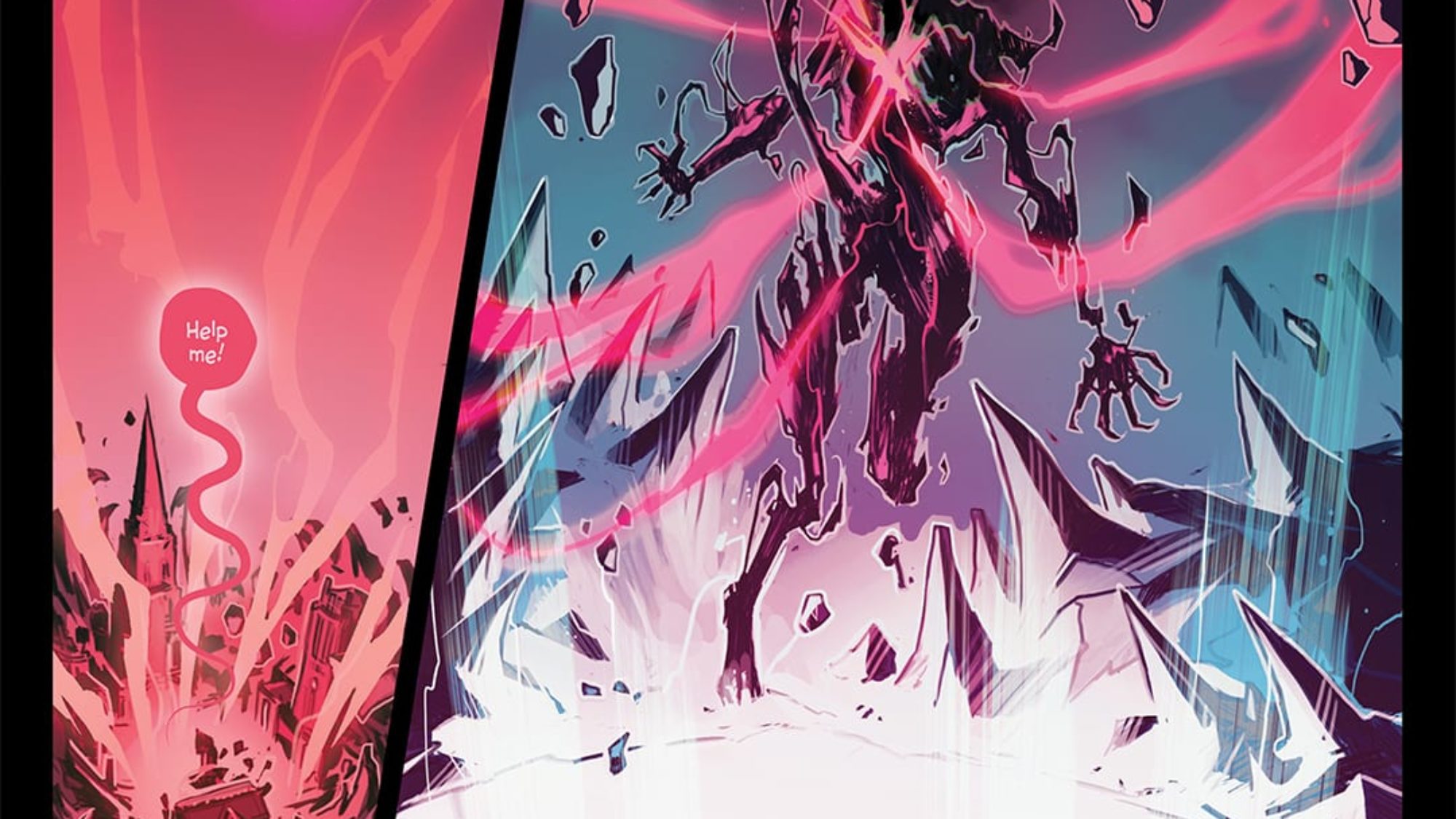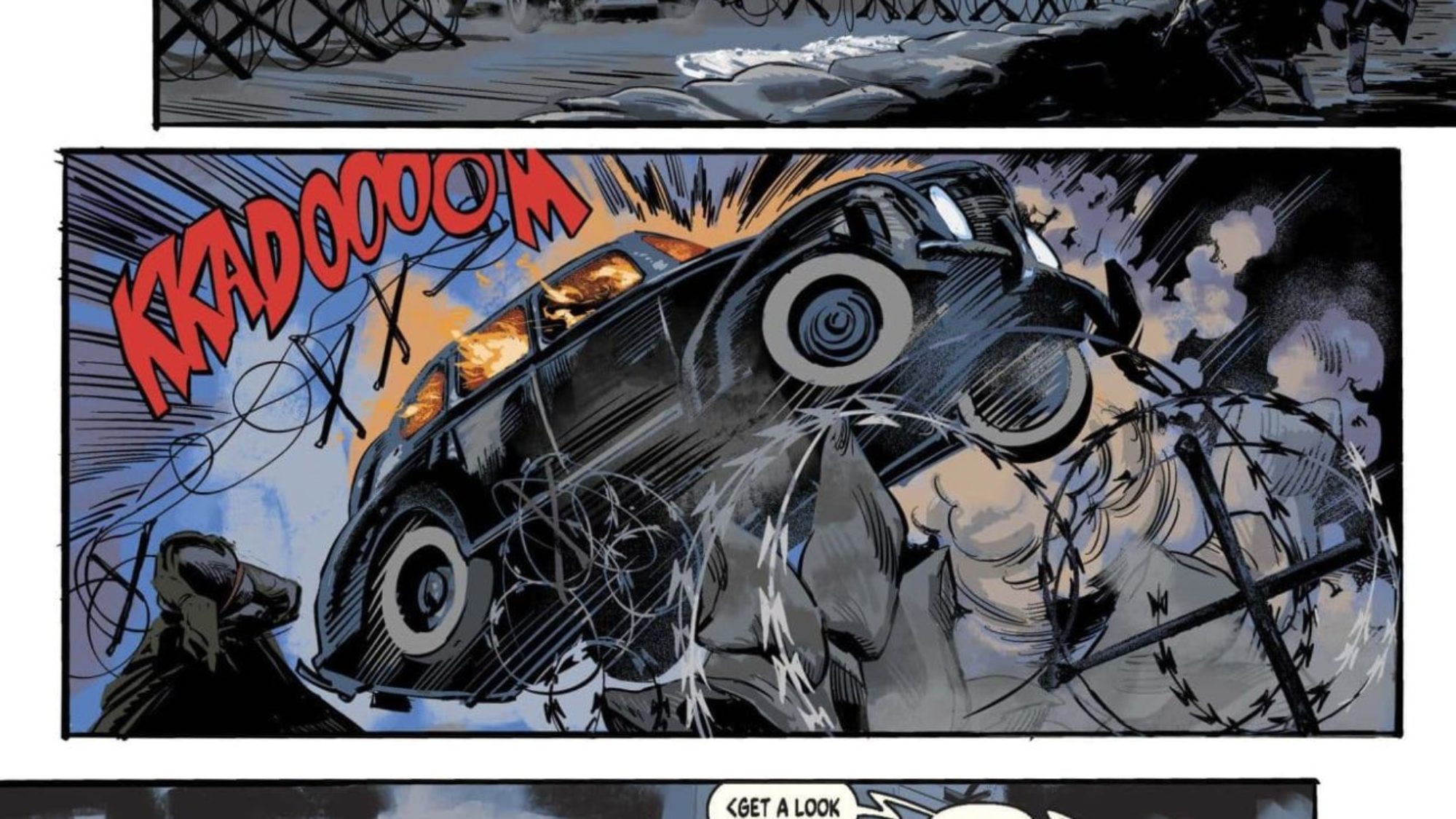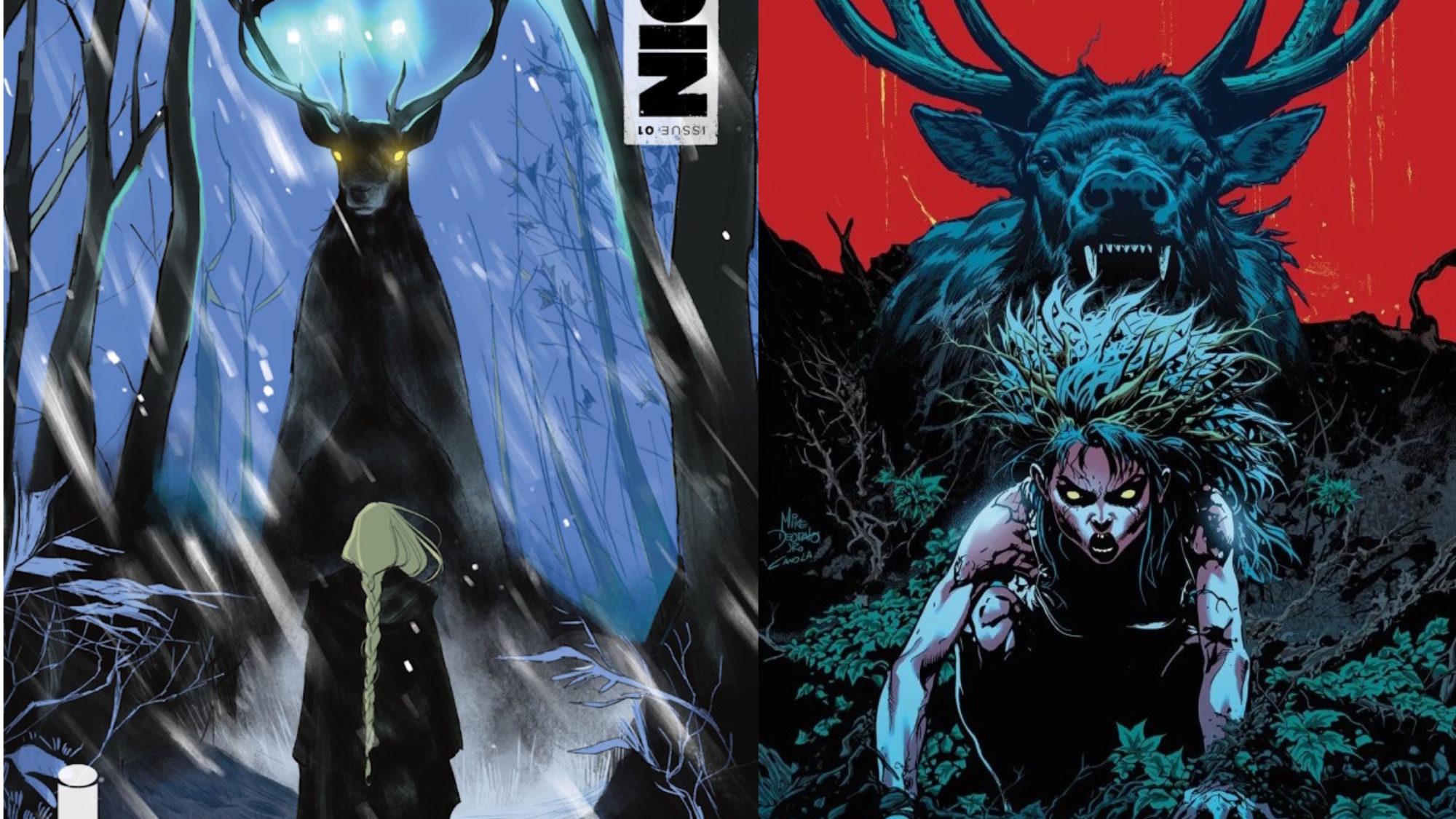Gary Dauberman, the screenwriter tasked with adapting the acclaimed South Korean zombie hit Train to Busan for American audiences, has offered fresh insight into his approach for the long-gestating remake. Speaking with ComicBook while discussing his work co-writing the movie adaptation of the video game Until Dawn, Dauberman shed light on the elements he aimed to preserve from Yeon Sang-ho’s beloved 2016 original. The writer indicated the US version, previously titled The Last Train to New York, will feature some direct parallels but stressed his main goal was capturing the potent emotional core and character dynamics that made the original film resonate globally. This update comes amidst years of limbo for the high-profile project, which has director Timo Tjahjanto and producer James Wan attached but remains without a release date after being pulled from Warner Bros.’ schedule in 2022.
Videos by ComicBook.com
“I grew up in Philly, so there’s that corridor. I’ve taken the train a bunch of times, from DC to New York,” Dauberman told us. “It’s impressive, the humanity. The original is perfect. You do look at it about how can we change it a little bit? It was a train route I knew. In Korea, the public transportation is so much different than how it is treated here. That is a script I am really proud of.”
[RELATED: 3 Underrated Zombie Movies You’ve Probably Forgotten About]
Dauberman’s comments confirm the remake shifts the action from the KTX high-speed rail between Seoul and Busan to a familiar American East Coast train route. This geographical change necessitates adapting certain elements tied to the specifics of Korean public transit, presenting a unique challenge. Yet, Dauberman’s approach suggests using his familiarity with the new setting to ground the story, potentially exploring how American infrastructure and perhaps societal responses might differ during a sudden zombie apocalypse.
“I am not going to give specifics,” Dauberman continued, teasing some direct homages. “There’s a couple of scenes. Really, it’s the emotion of the first one, which I am trying to capture. Yes, there’s some direct one-to-one, but the emotion and characters of the first one are so good in that. You don’t want to mess with that. They did it so brilliantly. I am trying to stick to that stuff the most.”
The Long, Troubled Journey of The Last Train to New York

Despite assembling a team of horror veterans and generating significant buzz, the American remake of Train to Busan has been stuck in development hell. Warner Bros. and New Line Cinema began pursuing the remake shortly after the original’s massive international success in 2016. Momentum appeared solid when Timo Tjahjanto, the acclaimed Indonesian director behind visceral action films like The Night Comes for Us and segments in the V/H/S horror anthology series, was hired to direct in February 2021. By December 2021, the project received the official title The Last Train to New York and an April 21, 2023, release date, seemingly putting it on the fast track.
However, that progress evaporated. By July 2022, with no casting news or production start announced, Warner Bros. quietly removed The Last Train to New York from its release calendar, leaving its future uncertain. Earlier this year, Tjahjanto addressed the remake delay, stating, “I’ve been ready since 2020, but when a film is stalled that’s not up to the director,” clearly indicating the hold-up originates at the studio level. The lack of official explanation from Warner Bros. or producers like James Wan has only fueled speculation about the reasons behind the indefinite stall, despite Dauberman’s script apparently being complete.
The original Train to Busan delivered powerful commentary on class, sacrifice, and humanity, anchored by the central relationship between Seok-woo (Gong Yoo) and his young daughter Su-an (Kim Su-an). The film became a global phenomenon, grossing over $98 million worldwide against an $8.5 million budget and earning a stellar 95% approval on Rotten Tomatoes. It revitalized zombie cinema with its claustrophobic setting, relentless pace, and powerful emotional core, spawning both an animated prequel (Seoul Station) and a standalone live-action sequel (Peninsula). Original director Yeon Sang-ho himself expressed hope that any remake would be a “completely new creation” with unique qualities, rather than a carbon copy. This pressure to innovate while respecting the original, combined with potential studio strategy shifts or difficulties translating cultural nuances, could explain the project’s paralysis.
Until Dawn is currently available in theaters.
Do you think The Last Train to New York will ever leave the station, or is this remake permanently derailed? Join the discussion in the comments!







